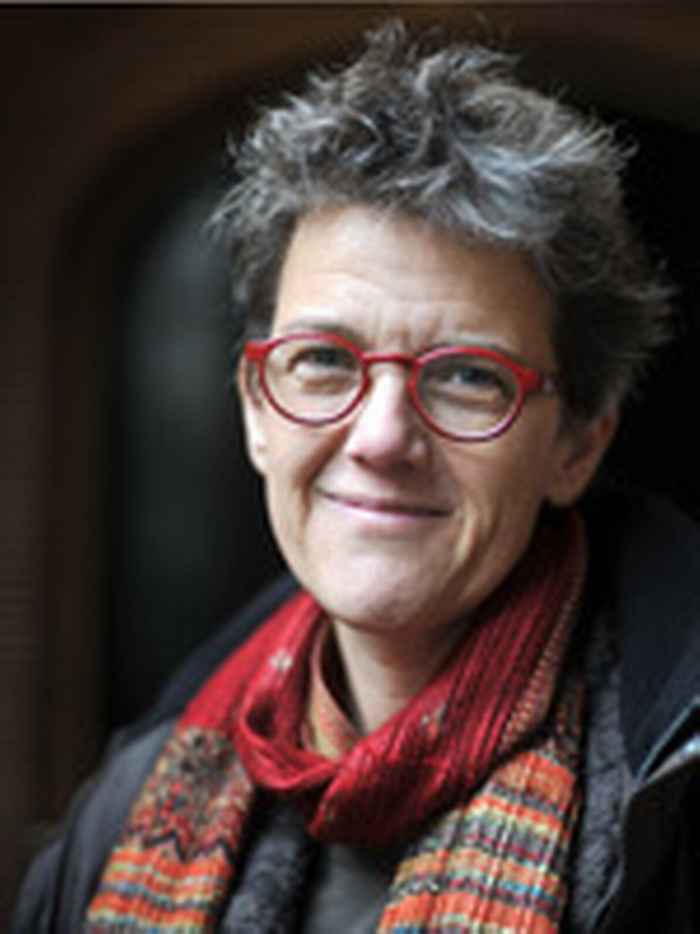The Good in Question: a Farewell Lecture
by Annemarie Mol
- Date
- 12 September 2025
- Time
- 16:30 -18:00
- Location
- Aula - Lutherse kerk
Through the practice of empirical philosophy, Annemarie Mol and her close colleagues have, over the past decades, contributed to thinking about what is good. They did so not by engaging in abstract reasoning, but by carefully examining and unraveling complex practices. In these practices, multiple versions of reality are at play simultaneously—sometimes clashing, yet also depending on one another.
Rather than choosing between these versions and their associated notions of the good, it is often possible to proceed carefully, adjusting what you do (and do not do) again and again in response to new and emerging situations.
Side Effects
Attempts to improve a situation inevitably have side effects—often unexpected ones. In complex practices, it is rarely clear-cut what counts as good or bad.
Vigilance and specificity are therefore essential.
Mol will illustrate these ideas with examples drawn from healthcare, eating practices, city cleaning, and wastewater treatment.
Prof. Dr. A. Mol, Professor of Anthropology of the Body
The Good in Question: a Farewell Lecture
This farewell lecture will also be available to watch live online.

